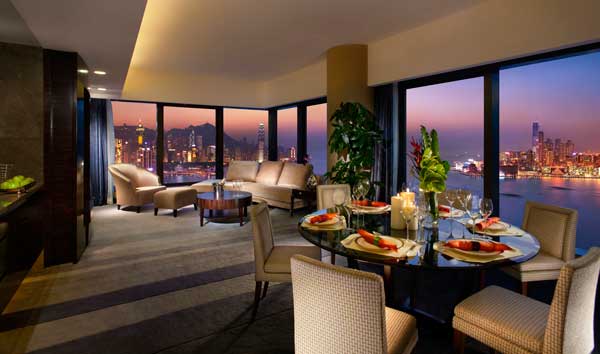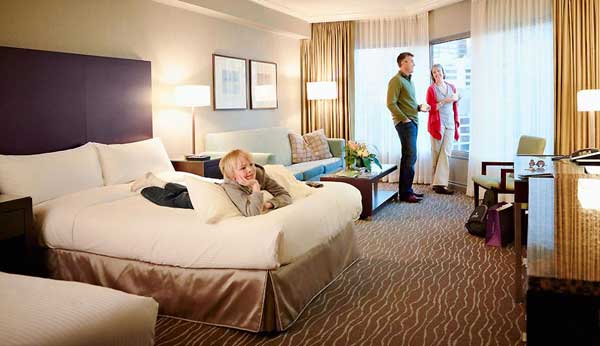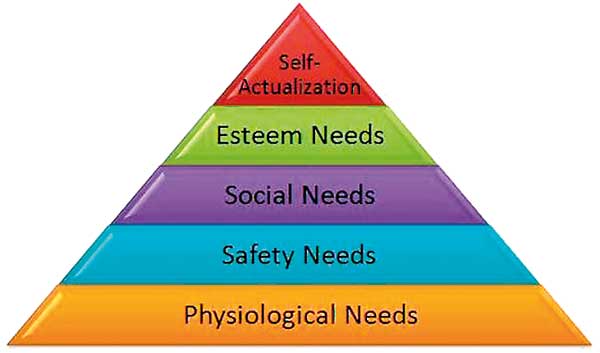10 Jul 2013 - {{hitsCtrl.values.hits}}
.jpg) The blurb appearing in a hotel advertisement that said, “Please cast your valuable vote for the Kxxxxxxxx Hotel in the 2013 World Luxury Hotels Awards...” caught my eye and immediately had me thinking. Have you noticed that everything has its “luxury” component nowadays…from coffee blends to detergents.
The blurb appearing in a hotel advertisement that said, “Please cast your valuable vote for the Kxxxxxxxx Hotel in the 2013 World Luxury Hotels Awards...” caught my eye and immediately had me thinking. Have you noticed that everything has its “luxury” component nowadays…from coffee blends to detergents.


26 Nov 2024 24 minute ago
26 Nov 2024 1 hours ago
26 Nov 2024 1 hours ago
26 Nov 2024 2 hours ago
26 Nov 2024 3 hours ago